People decide, not elites: What to know about Iran’s presidential election
By Sayyed Hasan Sharafeddine
Iran is set to hold the snap presidential election on June 28 following the tragic death of President Ebrahim Raeisi with six contenders in race to succeed him.
The Constitutional Council, previously known as the Guardian Council, sent the list of approved candidates to the Interior Ministry on Saturday after six days of vetting.
The approved candidates include Mohammad Baqer Qalibaf, Saeed Jalili, Alireza Zakani, Masoud Pezeshkian, Mostafa Pour Mohammadi and Amirhossein Qazizadeh Hashemi.
When it comes to elections in Iran - presidential or parliamentary - Western media outlets have never missed an opportunity to discredit and malign the country's democratic institutions.
These elections are often labeled as “engineered” with many pundits in the West believing that the Iranian elites "select" the country's leadership rather than the electorate.
However, as independent observers have attested, elections in Iran since the 1979 Islamic Revolution have always been vibrant and only the most eligible candidates are chosen by people.
Factbox: Iran set to hold presidential election on June 28 with six candidates in fray pic.twitter.com/kqlBLLCaDz
— Iran Election 2024 On Press TV (@PressTVElection) June 10, 2024
Foundation of Islamic electoral ethics
Imam Khomeini, the founder-leader of the Islamic Revolution, delivered a speech on June 15, 1979, following the victory of the revolution, in a meeting with the Iranian army’s air force personnel.
He articulated a fundamental principle that remains a motto for the democratic bodies in the country:
“The standard is the people’s choice (vote),” he asserted, referring to the ultimate decision-makers, who have the right to choose their leaders.
Imam Khomeini emphasized that it is the people who must participate in the democratic processes, either directly by electing their president and representatives or indirectly through elected representatives who make decisions on their behalf.
This principle has been at the heart of the Iranian Constitution that clearly defines how elections should be held and how candidates – even ordinary citizens – should have the right to join the race.
Press TV’s Fatemeh Masoumi provides more details about the upcoming Iranian presidential election, including the backgrounds and political inclinations of the presidential hopefuls. pic.twitter.com/r52ATQUPSm
— Iran Election 2024 On Press TV (@PressTVElection) June 9, 2024
Authorities and their responsibilities
The parliament in Iran, known as Majlis, is directly responsible for upholding and implementing what is mentioned in the Constitution of the Islamic Republic, forming the pillar of the electoral system.
The president, acting similarly to a prime minister, appoints a cabinet of ministers who are accountable to the parliament as the top legislative body of the country elected by people.
The Constitutional Council, previously known as Guardian Council, comprising 12 members (six jurists and six legal experts), oversees the eligibility of candidates in all elections, especially presidential ones.
In the present election, the top election supervisory body on Saturday approved six candidates based on their eligibility criteria to run for the highest political office of the country.
The vetting process took six days and back-to-back meetings of the Council members after the five-day registration process ended on June 3.
Iran releases names of qualified candidates for June 28 snap presidential election#IranVotes2024@drpezeshkian@DrSaeedJalili@GhazizadehSA@mb_ghalibaf@arzakani4 pic.twitter.com/pJ4WkWUqap
— Press TV 🔻 (@PressTV) June 9, 2024
Presidential election timing and procedures
Presidential elections are held every four years in the Islamic Republic of Iran. A president is elected for tenure of four years. However, the ministers can be removed or reshuffled anytime.
If the president is expelled, decides to resign, dies, or is absent for more than two months, a fresh election must be held within 50 days, according to the Iranian Constitution.
This is the current situation following the martyrdom of President Ebrahim Raeisi in a tragic helicopter crash in northwestern Iran on May 19. He had been elected until 2025.
Voters must be at least 18 years of age on the election day, and any Iranian national, whether living in Iran or abroad, is eligible to vote. Iranians abroad can vote in Iranian embassies worldwide.
For voters with disabilities or debilitating diseases, voting boxes are delivered to their locations through coordination between state governors and the elections committee.
Election Day in Iran always falls on Friday, the Muslim holiday, to ensure maximum participation.
This year’s election is scheduled for Friday, June 28. The voting period usually lasts 24 hours but can be extended if deemed necessary by the ministry of interior affairs.
✍️Factbox: Iran set to hold presidential vote on June 28 with 6 candidates in frayhttps://t.co/3kYgapQYlF pic.twitter.com/sljmrRRLSq
— Iran Election 2024 On Press TV (@PressTVElection) June 9, 2024
The day after election
After the voting is held, the election committee, in close coordination with the Constitutional Council, begins the process of counting and validating votes.
This procedure is synchronized nationwide using electronic facilitations to deliver results as quickly as possible.
If a candidate receives an overwhelming majority, which means more than 50 percent votes, he becomes the president, and preparations for the presidential assignment ceremonies commence.
If no candidate manages to get the majority of votes, the two candidates with most number of votes proceed to the next round of voting.
Iran’s interior ministry announces the names of six candidates approved for the June 28 election to replace the late President Ebrahim Raeisi, who lost his life in a helicopter crash. https://t.co/kubMqm6UYh pic.twitter.com/C6feBtA3Fy
— Iran Elections On PressTV (@PressTVElection) June 9, 2024
People decide, not political elites
Once a president is elected, his actions and policies on major issues such as economy, foreign affairs, and employment are scrutinized by political analysts.
The history of Iranian elections demonstrates that the president is ultimately the outcome of the people’s choice, and the one who presents the most ideal manifesto gets the mandate.
Contrary to Western media portrayals, Iranian presidential elections reflect the people’s will.
The Iranian Islamic Republic was founded on the people’s desires and continues to be guided by them, even if they express dissatisfaction with economic issues or governmental decisions at times.
This expression of critique is the essence of the Islamic Republic, where voters are the decision-makers, directly or indirectly, not political elites or corporate houses or media tycoons or lobby groups.
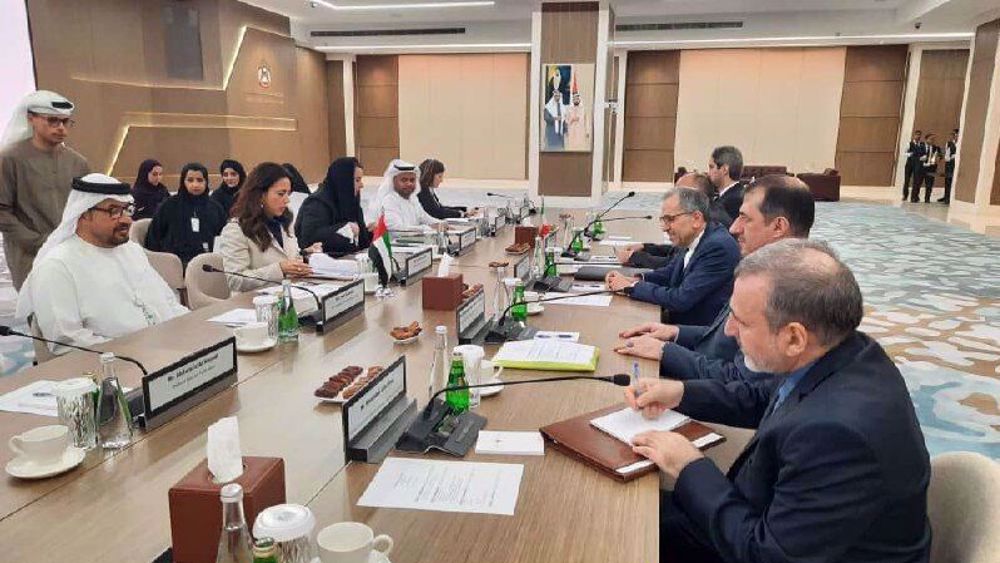
Iran ready to strengthen ties with UAE based on ‘mutual interests’: Deputy FM
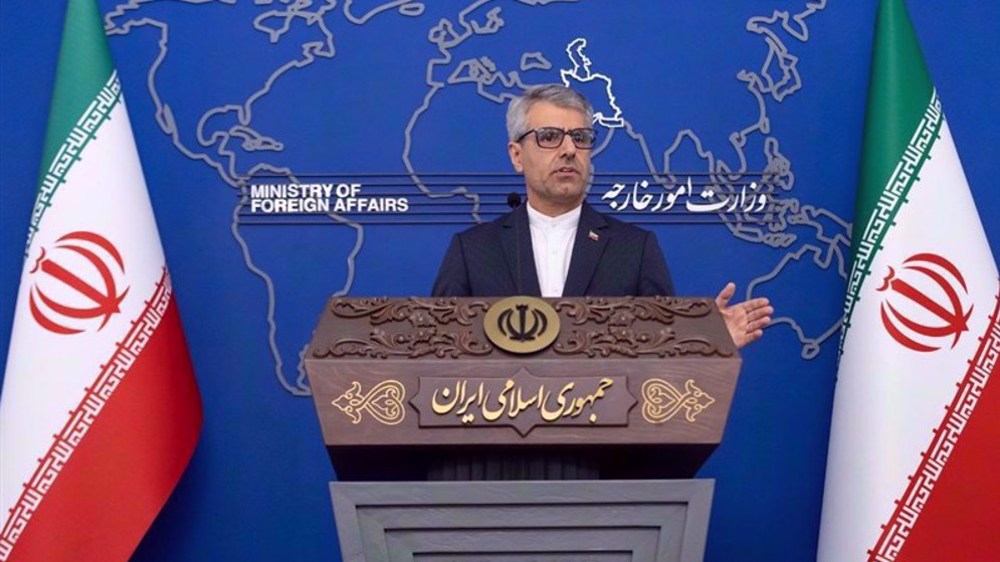
Iran remains steadfast in its ‘principled positions,’ says Foreign Ministry
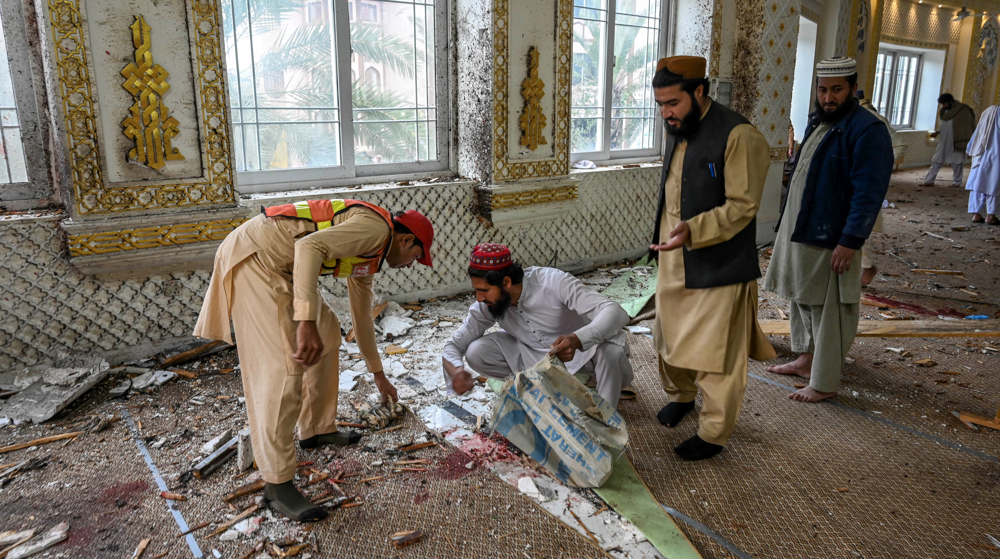
Iran condemns deadly bombing in Pakistan, stresses regional unity to fight terror
Explainer: How can Iran help South Africa advance its civilian nuclear program?
The importance of creative industry in Iran’s future
Israelis push for Russia to keep Syria bases, want Damascus 'weak, divided': Report
US terminates support for Ukraine energy grid restoration
Israeli soldiers stole ‘mountains’ of cash and gold from Gaza, Lebanon, and Syria: Report
PKK militants declare ceasefire with Turkey to end 40-year bloodshed
VIDEO | largest funeral since 1996 Qana massacre held in Lebanon
Hamas calls on Palestinians to resist Israeli restrictions on al-Aqsa Mosque during Ramadan


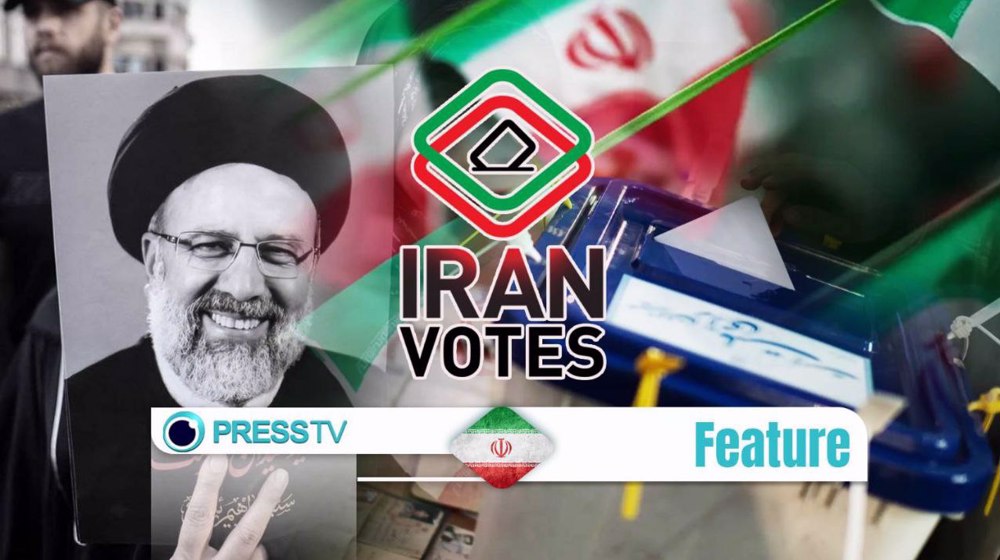



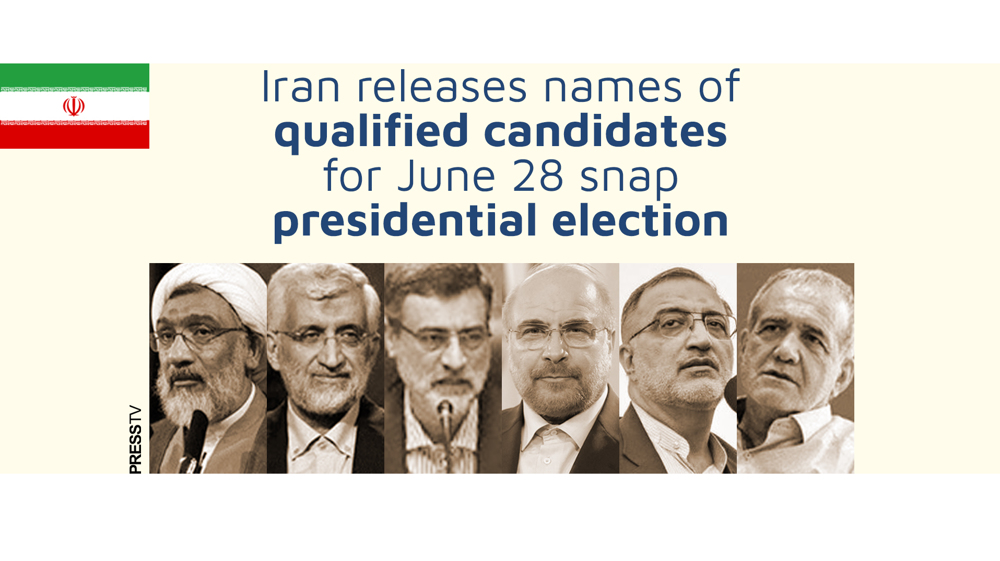
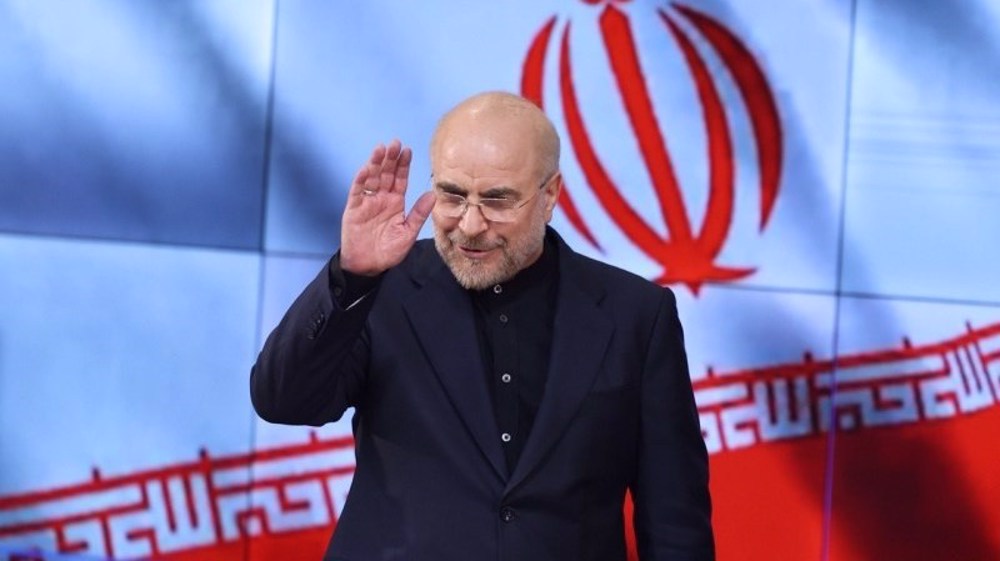
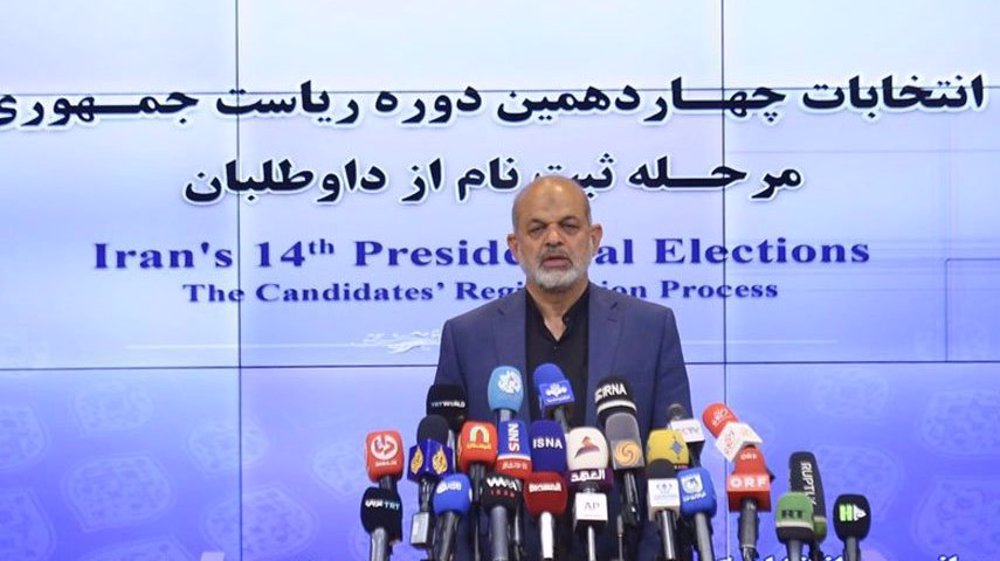
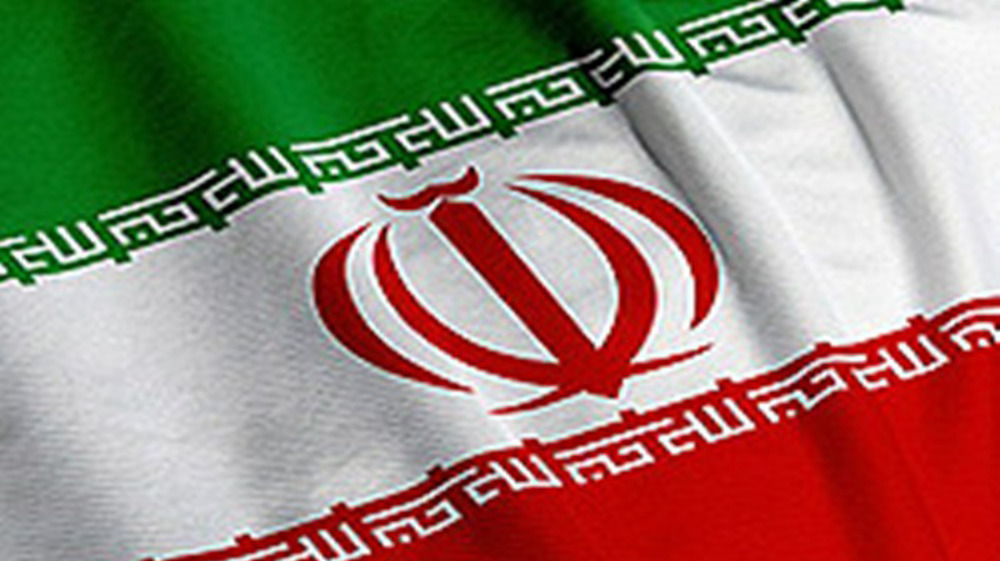

 This makes it easy to access the Press TV website
This makes it easy to access the Press TV website